Sometimes dreams and intuitions can change the course of history. Especially if the dreamer is a young man destined to become Emperor of Rome. Between the second and third century AD, the Roman Empire was experiencing the rapid spread of a new religion: Christianity. Christianity, being a monotheistic religion, it clashed immediately with the polytheistic paganism of the Roman Empire, and even more so with the Roman culture, which identified its emperor as a god. For this reason, the cult of worship was forbidden and Christians were persecuted.
In particular, in 303 AD, under the Emperor Diocletian, many Christians were killed and churches destroyed. In 293, in order to improve its administration, Diocletian divided the empire into four parts. At the time of his abdication, the system was in a crisis and a war had erupted for the conquest of the throne. A palace coup led the aristocratic Maxentius to the imperial throne. Meanwhile, the troops had chosen their own young leader: Constantine. His mother, Elena, was a devout Christian, who was later declared a saint. The clash between the two took place at the gates of Rome, at the Milvian Bridge. The night before the decisive battle on October 27, 312, Constantine had a vision while he was sleeping. In this vision, a voice ordered him to place the sign of Christ’s cross on the shields of his troops, to ensure their victory. The legend states that it was Jesus himself who made the phrase "in hoc signo vinces", “In this sign, you will conquer” appear. Constantine called the Christians who had previously been imprisoned in the catacombs, to fight with him. He promised them dignity in the event of victory. Constantine and the Christians won the battle.
In an attempt to escape, Maxentius died in the currents of the Tiber River. Upon becoming emperor, Constantine ended all forms of persecution against the Christians. In 313, he also promulgated an edict, which stated that no one was to be denied the opportunity to adhere to the Christian rites or to any other religion. This launched a policy of religious peace, which brought Christianity out of the catacombs, making it a vehicle for social stability. The Roman emperor who gave historical dignity to the Christian religion was then to be converted and baptized. The Edict of Constantine was central to the establishment of monotheism in the West.
In particular, in 303 AD, under the Emperor Diocletian, many Christians were killed and churches destroyed. In 293, in order to improve its administration, Diocletian divided the empire into four parts. At the time of his abdication, the system was in a crisis and a war had erupted for the conquest of the throne. A palace coup led the aristocratic Maxentius to the imperial throne. Meanwhile, the troops had chosen their own young leader: Constantine. His mother, Elena, was a devout Christian, who was later declared a saint. The clash between the two took place at the gates of Rome, at the Milvian Bridge. The night before the decisive battle on October 27, 312, Constantine had a vision while he was sleeping. In this vision, a voice ordered him to place the sign of Christ’s cross on the shields of his troops, to ensure their victory. The legend states that it was Jesus himself who made the phrase "in hoc signo vinces", “In this sign, you will conquer” appear. Constantine called the Christians who had previously been imprisoned in the catacombs, to fight with him. He promised them dignity in the event of victory. Constantine and the Christians won the battle.
In an attempt to escape, Maxentius died in the currents of the Tiber River. Upon becoming emperor, Constantine ended all forms of persecution against the Christians. In 313, he also promulgated an edict, which stated that no one was to be denied the opportunity to adhere to the Christian rites or to any other religion. This launched a policy of religious peace, which brought Christianity out of the catacombs, making it a vehicle for social stability. The Roman emperor who gave historical dignity to the Christian religion was then to be converted and baptized. The Edict of Constantine was central to the establishment of monotheism in the West.
RELATED


APARTHEID


THE GREEK MILITARY COUP
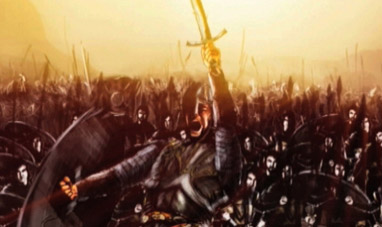

THE BATTLE OF HASTINGS


THE INDUSTRIAL REVOLUTION


DISCOVERY OF AMERICA, THE


THE RUSSIAN CAMPAIGN


THE EXPEDITION OF THE THOUSAND


THE 1973 CHILEAN COUP


THE SECOND INTIFADA


ASIAN TSUNAMI 2004
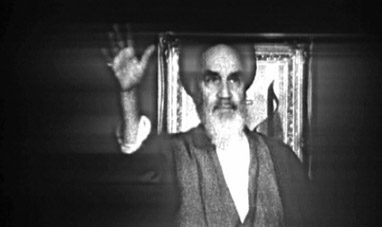

THE IRANIAN REVOLUTION
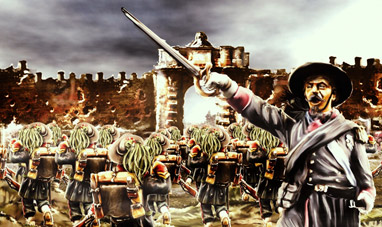

CAPTURE OF ROME
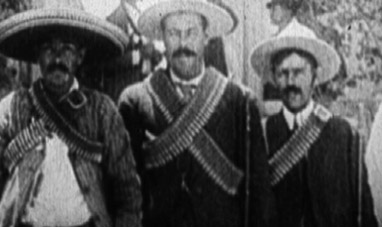

THE MEXICAN REVOLUTION


THE MUNICH MASSACRE


THE ARGENTINE DICTATORSHIP, 1976-1983


THE PRAGUE SPRING


THE FRENCH REVOLUTION


THE DESTRUCTION OF POMPEI


THE SUEZ CRISIS


SECOND ITALIAN WAR OF INDEPENDENCE


SEPTEMBER 11, 2001
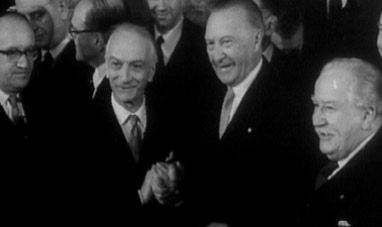

FOUNDING THE EUROPEAN COMMUNITY


THE SOVIET INVASION OF AFGHANISTAN


THE BALKAN WARS OF THE 1990S


THE SPANISH CIVIL WAR


HIROSHIMA AND NAGASAKI


THE ADVENT OF NAZISM


THE FIRST GULF WAR
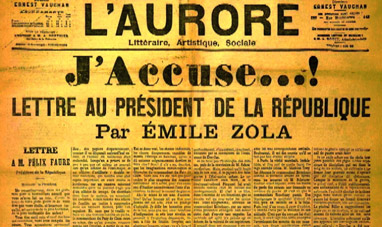

THE DREYFUS AFFAIR


THE VIETNAM WAR


THE KINGS OF ROME


THE BIRTH OF THE UNITED NATIONS


PERESTROIKA
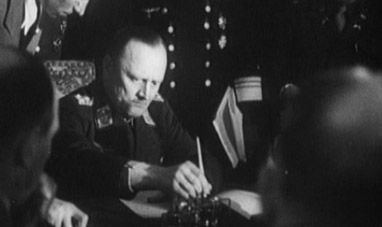

YALTA AND POTSDAM: NEW WORLD ORDER


JULIUS CAESAR


THE FALL OF THE BERLIN WALL
